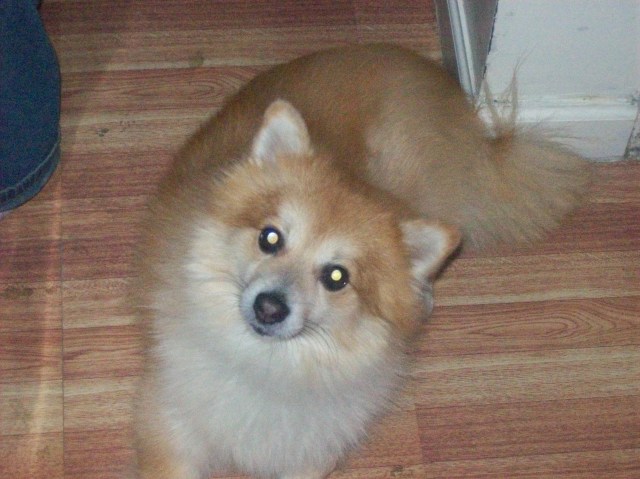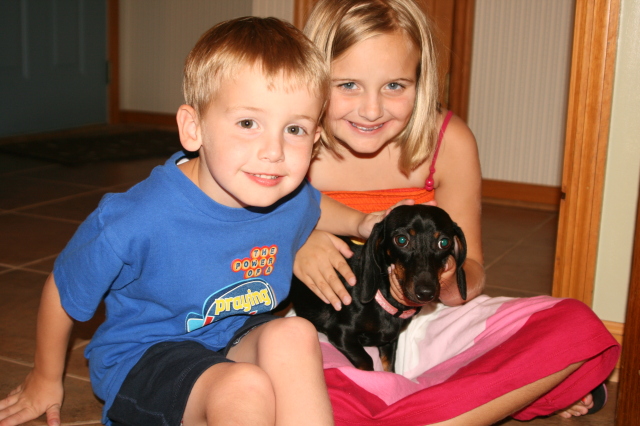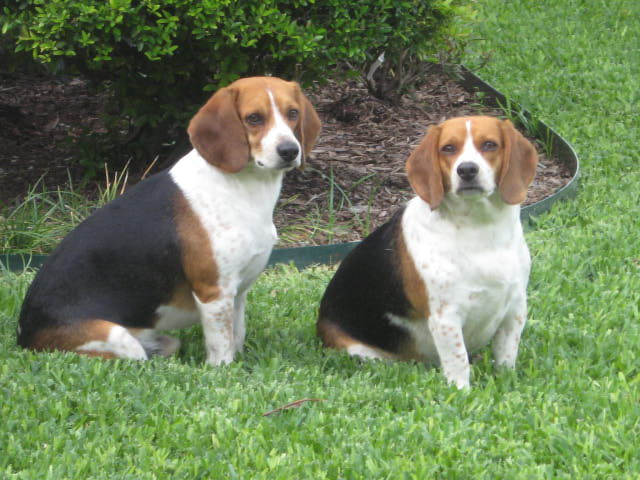QuestionHello i am soon to be getting a shih tzu puppy and have a few questions. 1) how often do you worm a puppy/dog? 2) when to flea your pup/dog? 3) what is the best type of food for a pup?(im from the uk) any other information you have about pups would be great!!Sarah
Answer
Hi Sarah,
Congratulations on your impending puppy!
Whomever you're getting your puppy from (a breeder or a pet store) may have wormed your pup before you receive him. Within a few days of getting a new puppy, it's always a good idea to take him to a veterinarian for a complete check up and for puppy vaccinations, if needed. You'll want to bring a sample of your puppy's stool with you to the appointment so he can be tested for worms. Your vet will be able to confirm if worms are present, which is important.
If it turns out your puppy has worms, your vet will provide the kind of wormer needed for the specific kind of worms your puppy has. Because new worms hatch, and will be unaffected by the first dose of wormer, another dose of the wormer will be required about two weeks after the first treatment. After that, many vets re-check the puppy's stool to confirm that he is indeed worm-free, and give another dose of wormer if it's needed.
If your puppy has access to where other dogs relieve themselves, he would have an increased risk of picking up infestations of worms. If this is the case, you may want to give your dog a preventive dewormer every 3 months (after the age of 6 months). Just so you know, the symptoms of having worms are: Loss of appetite, vomiting, coughing or have frequent diarrhea, dog has a pot belly appearance and poor quality coat, weight loss, lethargy, continual licking of the anal area.
You can often purchase de-worming medication over the counter at your vets without a consultation fee, though your vet will probably want to do a microscopic examination of your dog's stool. Over the counter dog worm medications bought at stores aren't always effective on all kinds of worms, that's why it's best to have your vet run a stool test and identify the kind of worm present.
If your puppy doesn't have fleas when you get him, you probably won't have to treat for fleas until the weather gets warm. If your pup is doing a lot of scratching, you may not see any fleas. To confirm the presence of fleas, part your pup's fur and look near his skin for signs fleas were there, namely their waste. Called "flea dirt", it will look like tiny grains of black sand, or pepper. If you collect some of these grains (use the wet tip of paper towel or napkin) and the grains turn a rusty red color on the wet towel, it means fleas!
The most effective flea preventatives are the ones you get at a vet's office. Topical flea preventatives such as Frontline Topspot, Advantage, K9 Advantix, are simple to use. If your dog is flea free after the first hard frost in late Autumn, it's usually safe to discontinue the flea preventative until the weather gets warm again (I usually use a flea preventative on my dogs from May- Nov.). By using a once a month flea preventative starting in the spring, you will greatly reduce the chances of developing a serious flea problem later in the summer and into the fall. Any stray fleas the might happen to jump onto your dog will be unable to lay viable eggs, and will be killed by the flea product. Of course, if you find your puppy has fleas when you get him, don't wait... get a flea preventative from your vet's office now! Once fleas are killed, you probably won't need to use the preventative again until the spring.
The following are a few premium brands of puppy food to look for in the UK:
Arden Grange Dog Puppy/Junior
ORIJEN Puppy Food
Burns Puppy & Junior
James Wellbeloved Complete Junior
Royal Canin Junior
Bosch Organic Puppy
Nutro Choice Puppy
Your puppy should receive a puppy food diet for his first full year, and always have access to clean water. When it's time to transition your puppy to a adult dog food, do so gradually over 5-7 days. Changing a dog or puppy's food too quickly can cause an upset stomach or diarrhea.
Here is a very good web site that gives a lot of useful info on what to look for in a quality dog/puppy food, and what signals a poor quality food:
http://www.dogfoodproject.com/index.php?page=betterproducts
Here are a few helpful sites with lots of info on many common puppy issues:
http://www.mudpaw.com/pages/Tips/new_puppy_tips.htm
http://www.canismajor.com/dog/tpuppy.html
http://www.perfectpaws.com/pup17.html
http://www.perfectpaws.com/pupstuff.html
Best of luck!
Feel free to write back if I can be of further help,
Patti

 pomeranian
Question
the pomerainan
hey, i have a pom who is 3years
pomeranian
Question
the pomerainan
hey, i have a pom who is 3years
 My 1 year old Yorktese is paper trained but goes pee in the middle of the kitchen floor
Question
QUESTION: I have a wonderful 1 year old
My 1 year old Yorktese is paper trained but goes pee in the middle of the kitchen floor
Question
QUESTION: I have a wonderful 1 year old
 Nutrition & Health
Question
Peek-A-Boo!
Hello! I am new to owning small br
Nutrition & Health
Question
Peek-A-Boo!
Hello! I am new to owning small br
 1 year old daschund
Question
our new member
We recently got a one year old
1 year old daschund
Question
our new member
We recently got a one year old
 Dry Dog Foods
Question
Prince Duke & Princess
I have two B
Dry Dog Foods
Question
Prince Duke & Princess
I have two B